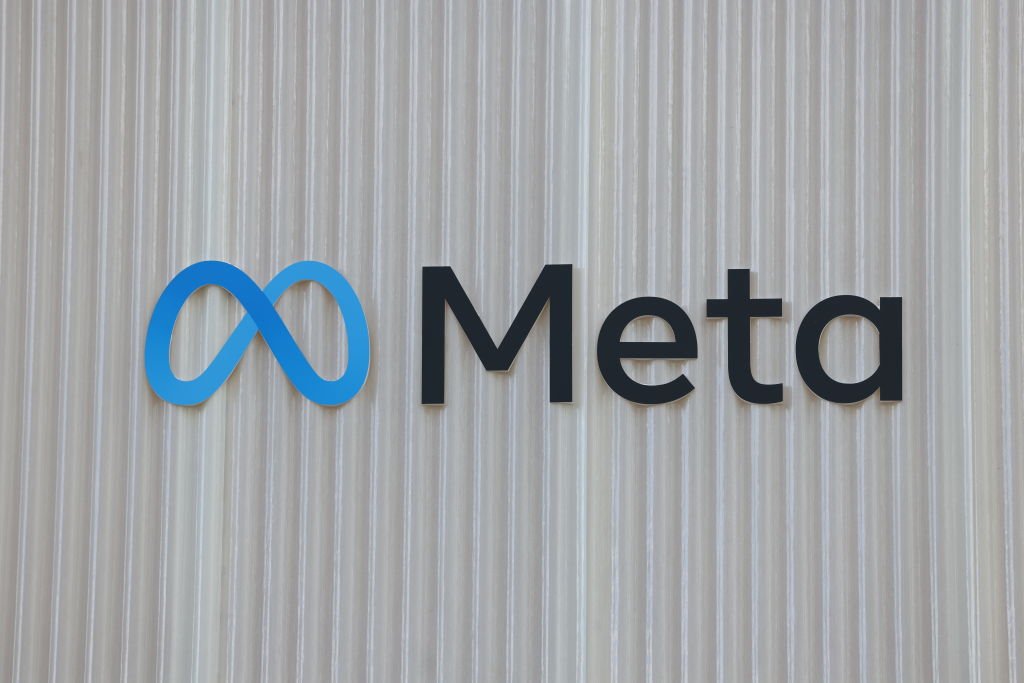Meta’s Expanding Commitment to AI Infrastructure and Expertise
Unprecedented Investment Surge to Support AI Development
Meta is dramatically boosting its financial investment in the essential infrastructure and technology needed to advance its artificial intelligence projects.In its latest quarterly report, the company announced plans to more than double spending on AI-related infrastructure, including expanding data centers and increasing server capacity.
The forecasted capital expenditures for 2025, which include principal payments on finance leases, are projected between $66 billion and $72 billion. This represents an increase of roughly $30 billion compared to last year’s midpoint. Meta expects this aggressive investment pace will persist into 2026 as it scales up infrastructure capabilities aligned with its enterprising AI goals.
Building Next-Generation AI Systems as a Core Strategy
Susan Li, Meta’s Chief Financial Officer, highlighted that developing cutting-edge AI infrastructure is vital for gaining a competitive edge in creating advanced AI models and delivering enhanced user experiences. The company anticipates a substantial rise in investments next year dedicated specifically to these priorities.
While Meta plans primarily to fund this expansion internally, it is also exploring partnerships with external investors for co-financing data center developments. Li mentioned potential financing arrangements designed to attract significant outside capital while preserving flexibility as infrastructure demands evolve over time.
Ambitious Data Center Projects Powering Compute Capacity Growth
A key part of meta’s strategy involves two major “titan clusters.” The first cluster-named prometheus-is located in Ohio and aims to become one of the earliest superclusters reaching 1 gigawatt of compute power when operational by 2026. Another massive project called Hyperion-situated in Louisiana-covers an area comparable in size to Manhattan and targets scalability up to 5 gigawatts over several years.
In addition to these flagship sites, multiple other titan-scale clusters are under development but have not yet been publicly disclosed by the company.
The Environmental Footprint of Mega Data Centers
The enormous scale of these facilities requires vast amounts of energy-comparable enough to power millions of homes annually. For example, a data center currently being built in Newton County, Georgia has contributed significantly to local water shortages due largely to high consumption from cooling systems necessary for operations.
Tapping Top Talent: A Pillar Supporting Expansion Plans
A crucial element driving Meta’s growth involves attracting elite artificial intelligence engineers and researchers into its newly formed Superintelligence Labs division. Employee compensation costs related directly or indirectly with talent acquisition represent the second-largest expected expense growth after capital outlays on physical infrastructure.
Pioneering Personal Superintelligence through Immersive Technologies
This initiative centers around “personal superintelligence,” where sophisticated AI technologies empower individuals by enhancing daily life through devices such as smart glasses and virtual reality headsets developed by Meta. this vision extends beyond large-scale computing power toward personalized user experiences enabled by intelligent assistance embedded within emerging hardware platforms.
AI-Driven Advertising Fuels Strong Financial Results
Following their earnings declaration,Meta’s stock price jumped nearly 10% during after-hours trading thanks partly to robust quarterly results exceeding market expectations. the company reported revenue totaling $47.5 billion, with third-quarter revenue guidance ranging between $47.5 billion and $50.5 billion.
This extraordinary growth was largely driven by advertising revenues enhanced through new artificial intelligence tools such as automated language translation services and video content generation capabilities that help advertisers worldwide create more targeted campaigns across platforms like Facebook and Instagram effectively reaching diverse audiences globally.
Reality Labs Faces Ongoing Financial Hurdles Despite Innovation Efforts
Despite positive momentum across core social media business units powered increasingly by machine learning innovations,Reality Labs-the division responsible for augmented reality (AR) & virtual reality (VR) products-reported losses nearing $4.5 billion.





